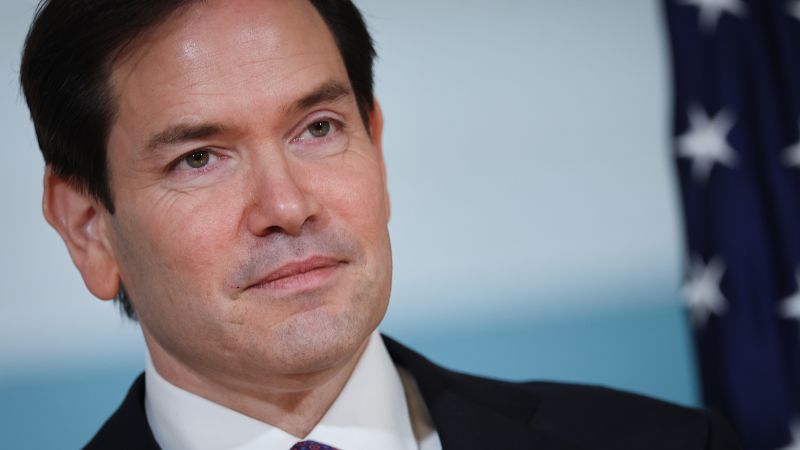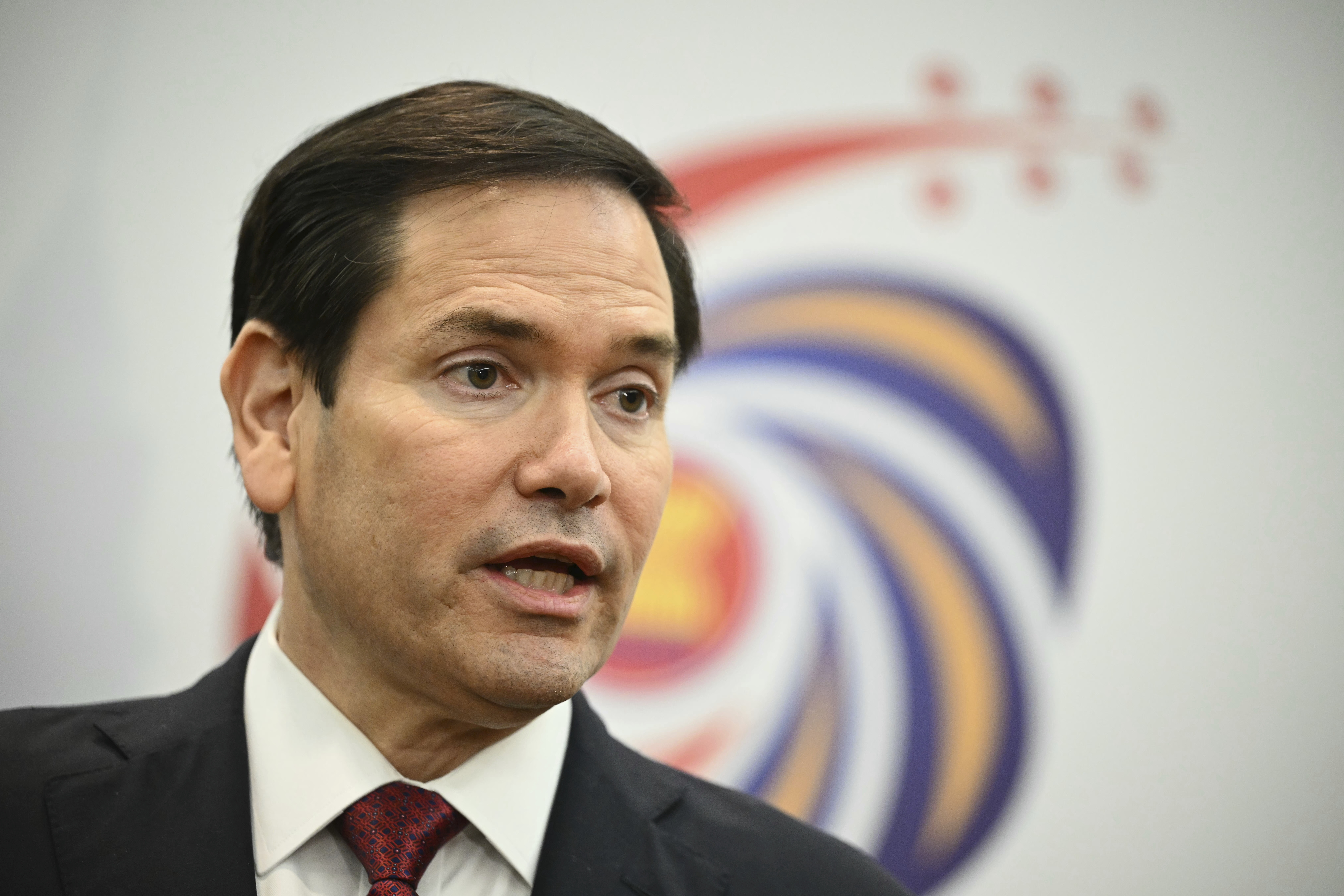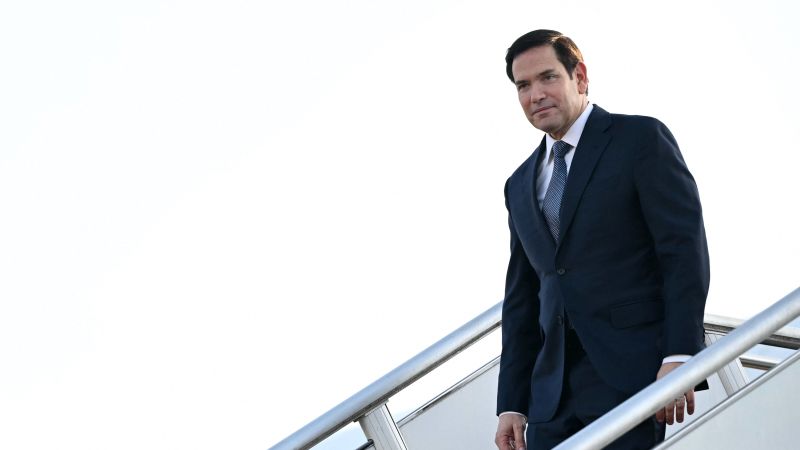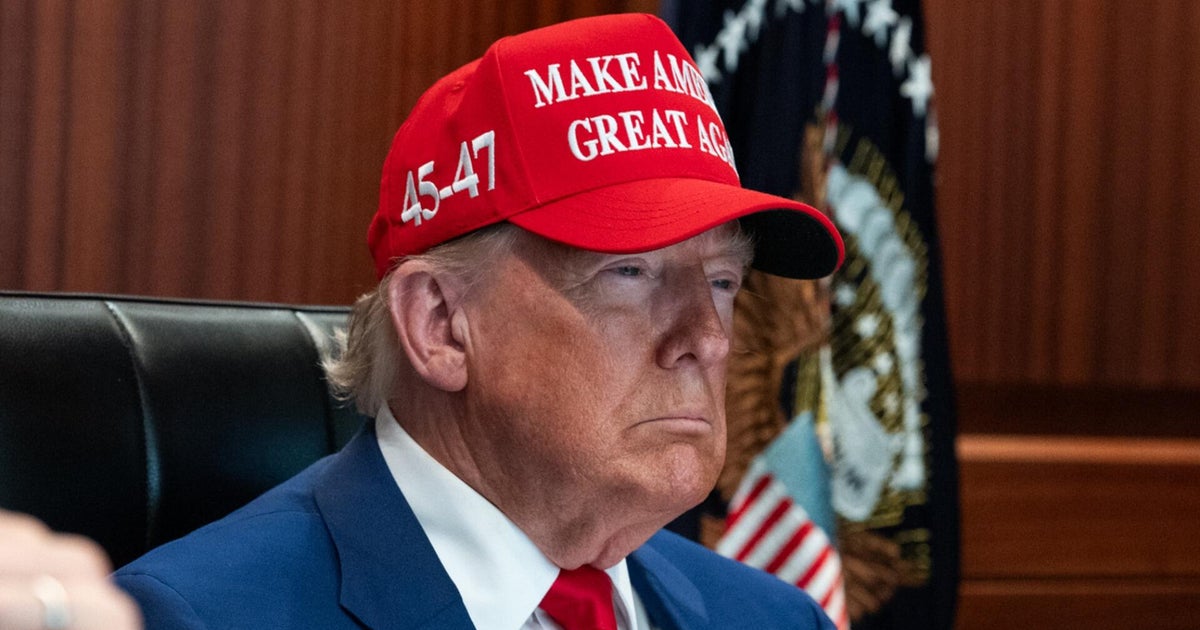State Department Shake-Up Sparks Concerns

Introduction
The State Department is currently undergoing a major reorganization that has caused a stir amongst former diplomats and critics. This shake-up, considered to be the largest in decades, involves cutting hundreds of jobs and has raised concerns about the potential weakening of America's diplomatic power.
Context of the Reorganization
The State Department has cited the need to streamline and reduce costs as the reason for these deep cuts. The restructuring is also said to be aimed at improving efficiency and accountability within the department. However, former diplomats and experts in the field have expressed their worries about the impact of these cuts on America's global presence.
The Risk of Gutting Diplomatic Muscle
Many believe that the State Department's ability to effectively engage with other countries and address global issues will be severely compromised by these cuts. With fewer resources and personnel, the department may struggle to maintain its diplomatic muscle, leaving
About the Organizations Mentioned
State Department
The **U.S. Department of State** is the principal federal agency responsible for shaping and executing American foreign policy and diplomacy worldwide. Established in 1789 as the first executive department, it serves as the lead institution for conducting U.S. international relations, advising the President, negotiating treaties, and representing the country in global organizations such as the United Nations[2][3][6]. The department is headed by the Secretary of State, who acts as the President’s chief foreign policy advisor and top diplomat, currently Marco Rubio as of 2025[2]. The State Department's core mission is to **promote and protect U.S. interests abroad** by fostering peace and stability in critical regions, opening foreign markets to create American jobs, and addressing global challenges like climate change, terrorism, nuclear proliferation, human trafficking, and humanitarian crises[1][4]. It manages a vast network of embassies, consulates, and diplomatic missions worldwide, safeguarding American citizens overseas and facilitating international cooperation on economic, security, and environmental issues[5]. A key component closely linked to the State Department is the **U.S. Agency for International Development (USAID)**, created in 1961 to administer economic and humanitarian assistance to developing countries. USAID works to end extreme poverty, promote democracy, improve global health, food security, environmental sustainability, and humanitarian relief, aligning its programs with the State Department’s foreign policy goals[1]. With an annual budget of around $38.8 billion in fiscal year 2024, the State Department plays a critical role not only in diplomacy but also in advancing technological collaboration, international trade, and global health initiatives, making it highly relevant for business and technology sectors interested in geopolitical stability and international partnerships[3]. Notable programs include the Professional Fellows exchange, fostering cross-cultural professional development between U.S. and foreign leaders, highlighting the department’s role in building long-term global partnerships[2]. The State Department continues to adapt in an era of rapi













